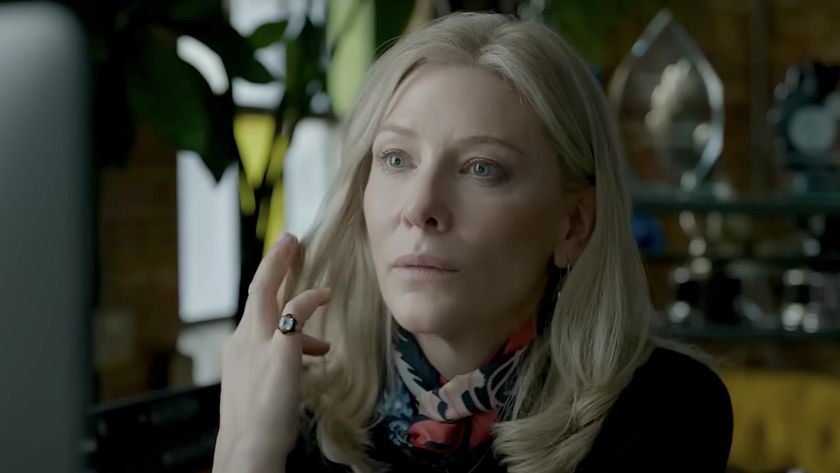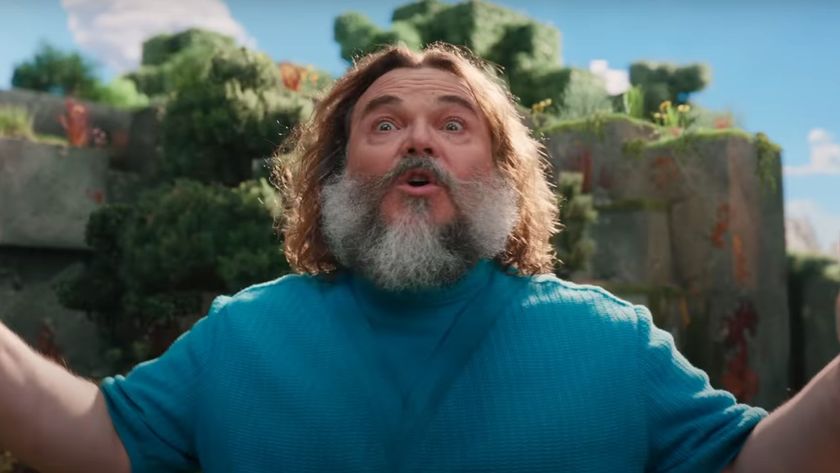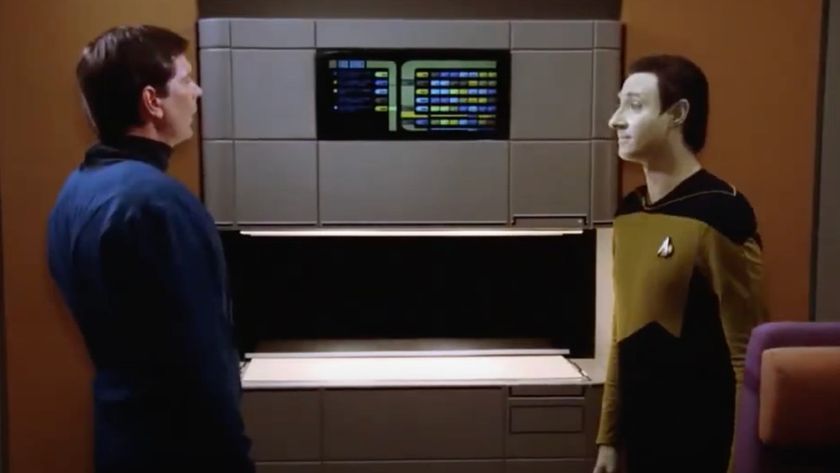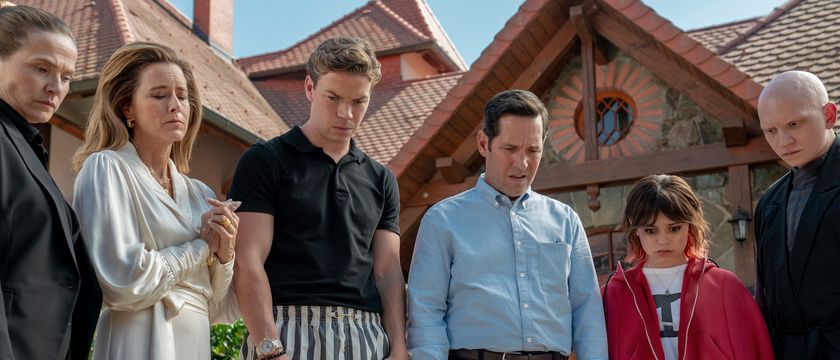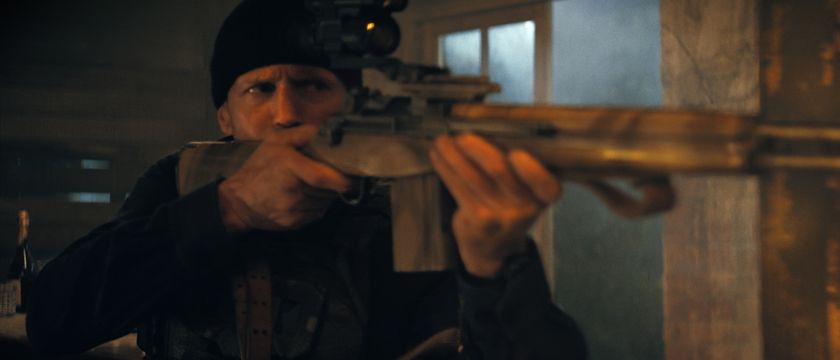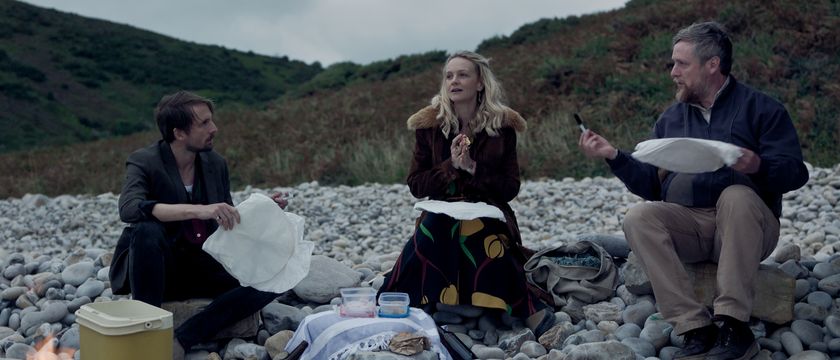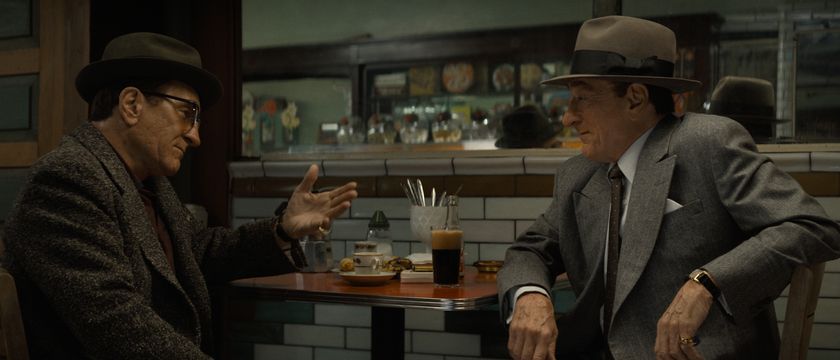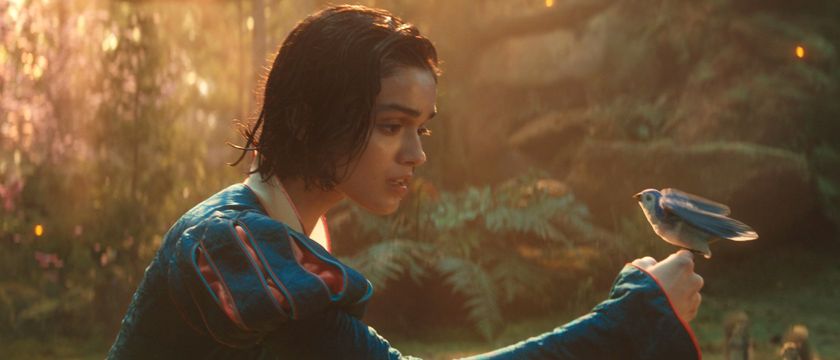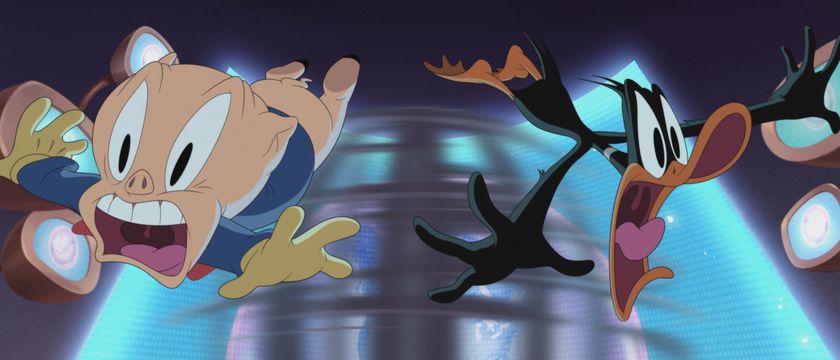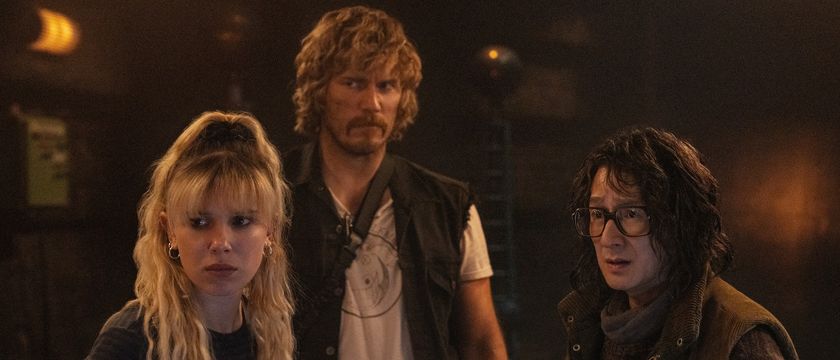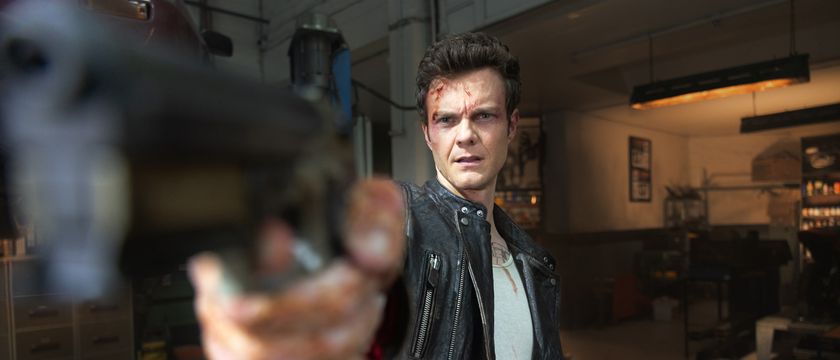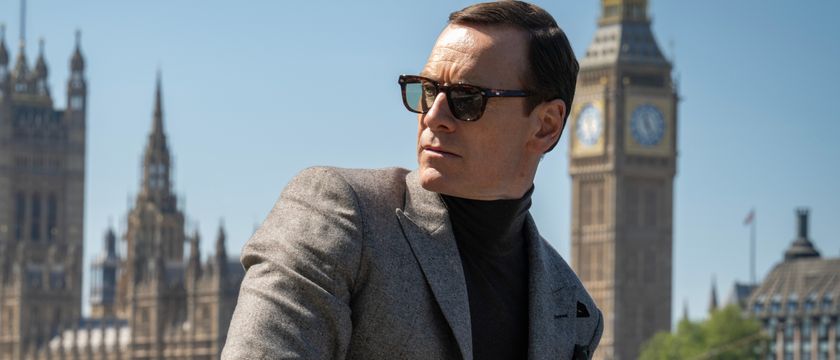J. Edgar is ultimately undone by a whole lot of bad decisions, from Dustin Lance Black's needlessly time-jumping script to Clint Eastwood's typical no-frills direction, but two very good actors dig into their characters and ground it for a surprisingly long time. As the driven, ruthless, bulldog-like FBI director J. Edgar Hoover, Leonardo DiCaprio once again transforms himself before our eyes, not just slipping into Hoover's jowls and booming voice but bringing to life a man driven by deep insecurities and a calculated rejection of all personal joy. And as Hoover's longtime companion and would-be lover Clyde Tolson, Armie Hammer takes the typical biopic role of loving, long-suffering spouse and breathes humanity into it, a conspirator and conscience for a man convinced he didn't need either.
But both performances are constantly unmoored by the script, which hops around history with dilettantish ease, lingering only briefly on the many fascinating people Hoover encountered in his life and never allowing this tricky character to develop in any meaningful way. We see him proudly arresting the man accused of kidnapping the Lindbergh baby, then writing a false letter to bring down Martin Luther King Jr., and have no idea how he got from one place to the next. The movie's only structure comes from the older Hoover dictating his memoirs to a rotating cast of eager young FBI agents, not only the oldest biopic trick there is, but a gimmick that infuses the entire film with Hoover's own self-importance and bombast. It's telling that the smaller moments between Tolson and Hoover, instances he surely never included in memoirs, are the only ones that feel fully alive; even encased in old age makeup (Hammer's in particular makes him look 150 years old), DiCaprio and Hammer find the spark between two men who, if nothing else, relied on each other to change the country in their image.
J. Edgar Hoover served under 8 presidents, from Herbert Hoover to Richard Nixon, and though the wide arc of time is jumbled badly in Black's script, it occasionally allows for some moments of neat parallelism. Hoover steps out on his office balcony as a young man to watch Franklin Delano Roosevelt's inaugural motorcade and steps back out in the midst of the Kennedy administration; he worries about Nixon finding his secret files not long after he and Tolson pore excitedly over a lesbian love letter written to Eleanor Roosevelt. The script compresses time in the way Hoover himself no doubt experienced it, seeing domestic communism as an equally great threat when arresting Emma Goldman and enduring the Cuban Missile Crisis. But doesn't serve what's ostensibly the film's main purpose, shedding light on a man who seemed so singularly driven and morally unbending that he couldn't be human. The scenes that actually show that humanity, like his uncomfortably close relationship with his mother (Judi Dench) or a disastrous early date with the woman who would eventually become his longtime secretary (Naomi Watts), are never reflected in the man's public persona.
Screenwriter Dustin Lance Black already has an Oscar to his name, for the tender and lovely Milk, another biopic about a great man who changed American history. But that script was shepherded by Gus van Sant, a director with visual panache and a sense of humor-- two things Eastwood sorely lacks here. Even with a century's worth of celebrities to work with, several thwarted romances, murder, gangsters, guns and all the rest, J. Edgar stays frustratingly locked in the musty confines of Hoover's office; he might have thought it was great to live among file cabinets jammed with secrets and scandals, but the rest of us might be happier to crack those files open. DiCaprio and Hammer's performances do some of that unveiling, but it's maddening to watch the movie undo their good work at every turn.
Staff Writer at CinemaBlend


